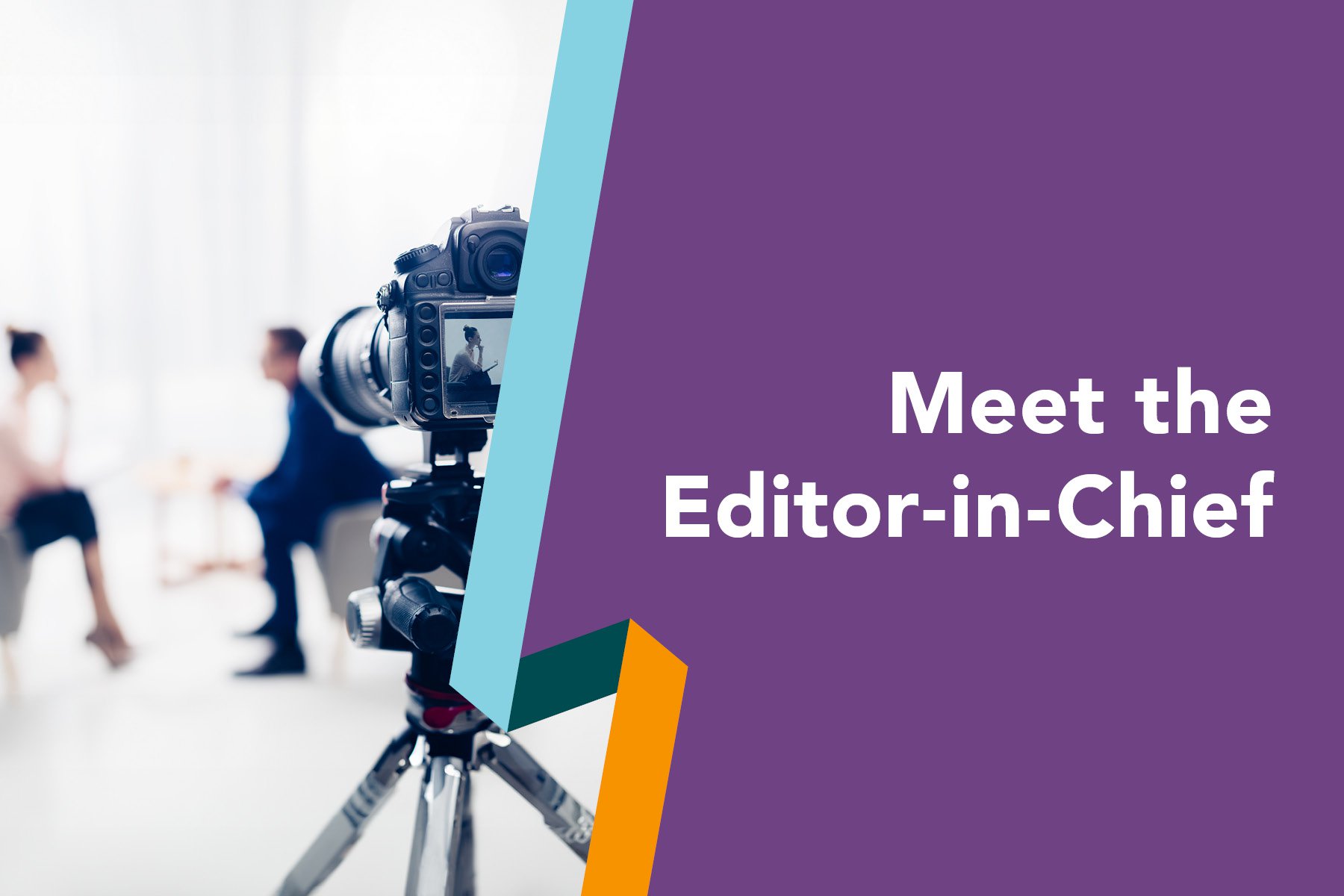 Mr. Qiu Xiaochun, Director of Library of School of Medicine, Shanghai Jiaotong University
Mr. Qiu Xiaochun, Director of Library of School of Medicine, Shanghai Jiaotong University
(Please find the Chinese version below)
How have developments in Open Access, such as transformative agreements and institutional mandates in 2024, impacted your approach to providing access to resources?
Transformative agreements and institutional mandates play a crucial role in facilitating the shift from a subscription-based model to an Open Access model in scholarly publishing. This transition helps promote fairness in scholarly publishing, reduces the costs of scholarly communication to some extent, and makes it more convenient and efficient for libraries to provide access to resources. Additionally, the focus of libraries’ work in resource acquisition is gradually shifting toward the organization and discovery of resources.
With the rise of AI tools and technologies in scholarly publishing this year, how do you see these advancements shaping library services and researcher support?
AI is transforming industries across the board, and its impact on the services provided by traditional libraries is unprecedented. Libraries must actively embrace AI and leverage its technologies to drive a new wave of innovation in library services and support for researchers.
If you could add one futuristic feature to your library, inspired by 2024’s tech trends (like AI or augmented reality), what would it be and why?
According to current technology, AI plays a significant role in assisting researchers with organizing large volumes of scientific and technological literature. However, due to copyright restrictions imposed by publishers, AI has yet to achieve the ability to conduct comprehensive and systematic literature reviews on specific questions – a futuristic feature I would envision adding to the library.
What’s the most surprising or unusual resource someone has asked you to find this year—and how did you tackle the request?
We haven’t yet identified an effective search tool to address queries like “Which clinical practice guidelines have incorporated the results of a specific clinical study?”.
Be Featured in Our Next Librarian Newsletter!
We love highlighting the work of passionate librarians! Whether you’re showcasing Karger journals and books on your shelves or working on an exciting project, we want to hear your story. Share a picture or tell us about your projects, and you could be featured in our next newsletter, inspiring librarians worldwide. Interested? Reach out to us and let’s celebrate your contributions together!
_____________________________________
在开放获取方面,例如转换协议和机构政策,对您提供资源访问有何影响?
转换协议或机构政策是促进学术出版从订阅模式向开放获取模式过渡的重要方式,可以促进学术出版的公平,一定程度上也降低了学术交流的成本,也让图书馆在提供资源服务上更为便捷、高效。同时,图书馆在资源采访方面的工作也将逐步向资源的组织与发现方向转型。
随着今年学术出版中 AI工具和技术的兴起,您如何看待这些技术对图书馆服务和研究人员支持的影响?
AI正在赋能各行各业,AI对传统图书馆的服务工作的影响是前所未有的,图书馆需积极拥抱AI,利用AI技术为图书馆的新一轮创新赋能。
如果从2024年这些技术趋势中(如 AI 或增强现实),您可以为您的图书馆添加一项面向未来的功能,您认为会是什么?为什么?
按照当前的技术,AI在帮助科研人员在批量科技文献的整理方面发挥着重要作用,但由于各出版社在版权方面的限制,AI似乎还无法针对某一具体问题进行全面、系统地科技文献调研。
今年您收到最令人惊讶或不寻常的资源查找需求是什么 — 您是如何处理这个请求的?
对于如“某个临床研究的结果被某个临床实践指南所采用”这样的问题,我们似乎还没找到有效的检索工具。





Comments
Share your opinion with us and leave a comment below!